Staying home during a crisis does not mean that you have to eat shabbily. Cooking at home can keep you occupied and free your mind from anxieties during these challenging times. Plus, if you have stocked up your pantry, it is a perfect opportunity to whip up different dishes.
During a virus outbreak, you need best immune-boosting food to stay well and safe. If you want to cook dinner tonight, find the following immune-system boosters at stores near you.
Broccoli
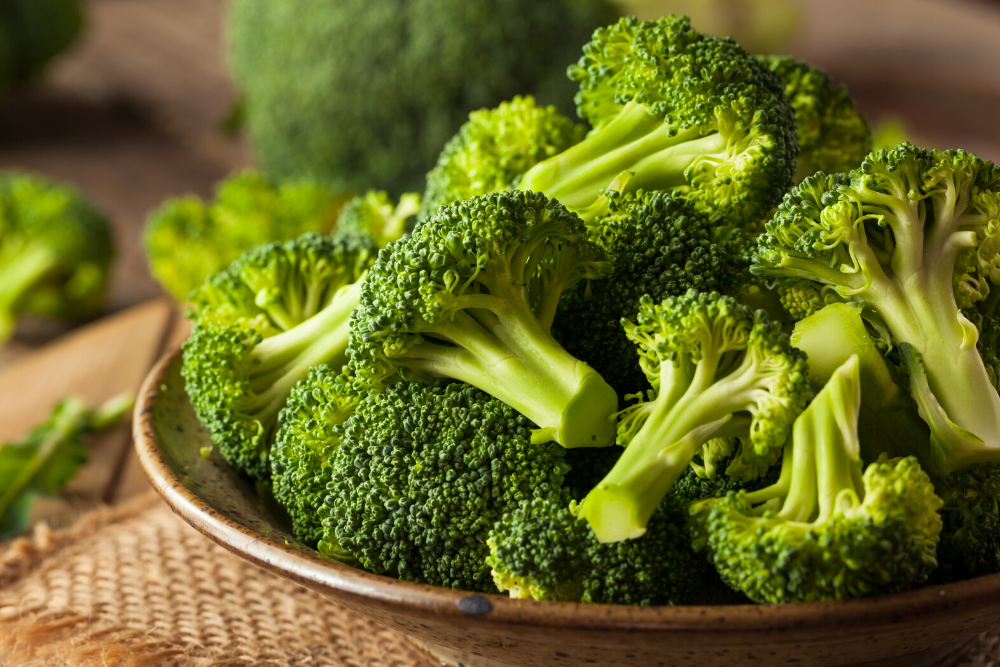
Broccoli is famous as a superfood and could be used in several recipes. It is also easy to find in local markets in Thailand and other countries. It is low in calories but contains nutrients and antioxidants. The key to keeping its power intact is to cook it fresh and not overcooked.
Dietary Tips:
When buying broccoli, choose pieces that are tight and firm to touch and have a dark green colour. Avoid pieces that are limp, turning yellow, or wilting. Broccoli can become woody or fibrous if stored at room temperature for a long time. Store broccoli heads in loose or perforated bags in the fridge’s crisper drawer. Only wash broccoli right before eating as wet broccoli can develop mould and become limp.
Recipes: If you want to cook tonight, grilled beef with broccoli, broccoli Caesar, or broccoli and egg fried rice can be wonderful choices for dinner.
Garlic
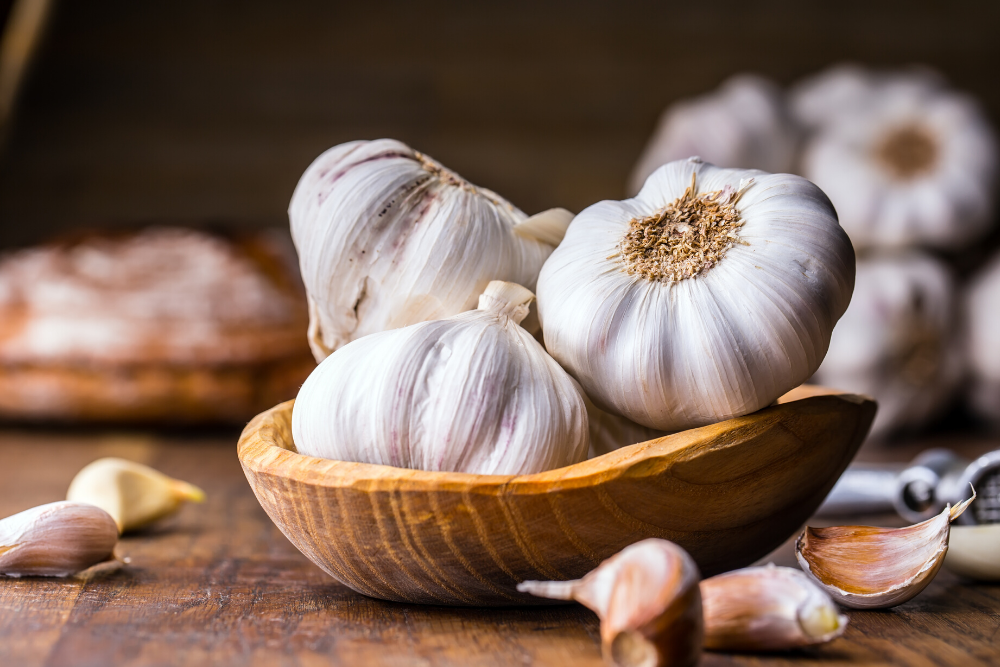
Garlic is used in almost every recipe in many kitchens around the world. Garlic has proven health benefits. In early civilisation, they used garlic to fight infections. Studies suggest that garlic may also help lower blood pressure and slow down hardening of the arteries. Sulfur-containing compounds such as allicin in garlic may have immune-boosting properties.
Dietary Tips:
Buy unblemished bulbs with dry skins and firm cloves. Store them in a cool, dry place, and not in the fridge. Unbroken bulbs should last many months. Use individual cloves within 10 days. If you can, a fresh clove of raw garlic a day gives you a healthy dose of allicin, which is an immune-boosting compound.
Recipes: Garlic and parmesan pan-fried shrimp, garlic and herb grilled sweet potato fries, and garlic sautéed spinach are recipes that garlic lovers should try to cook.
Ginger
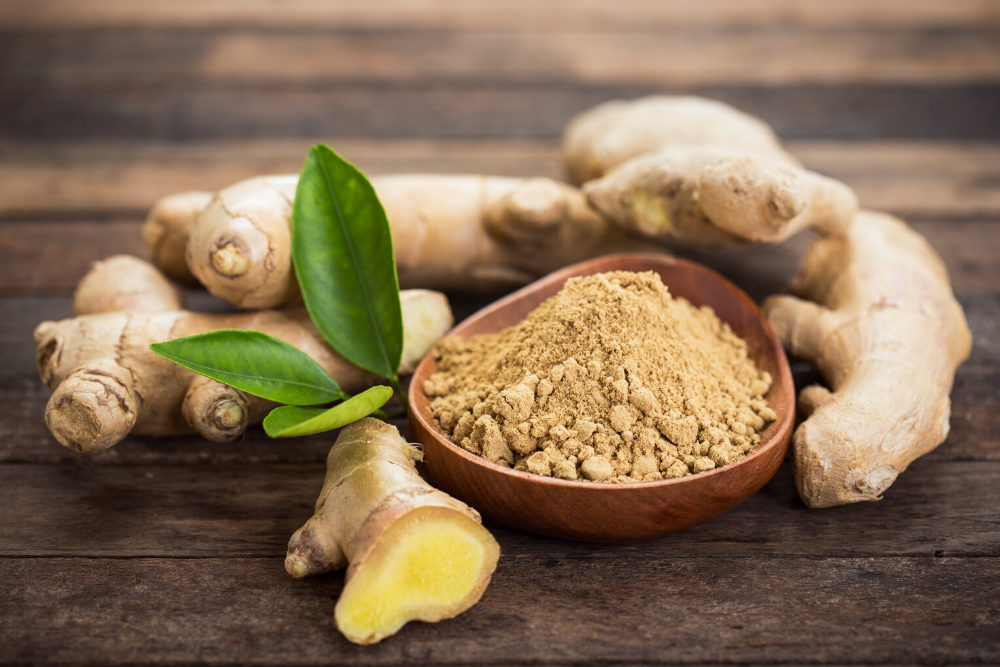
People in various cultures including in Southeast Asia drink warm ginger tea when they have a flu. Therefore, you can find ginger in most corners of fresh markets and stores. Due to its strong anti-inflammatory and antioxidant effects, ginger helps boost immunity and combat inflammation.
Dietary Tips:
Buy unblemished ginger that is firm to the touch and smooth. Ginger with wrinkled skin indicates it’s been dehydrating for a while and may not be good to use. To keep it fresh, ginger will last three weeks if stored in a bag or airtight container in the refrigerator crisper. If you intend to keep it for longer like three months, wrap it in plastic, pop it in an airtight bag, and freeze it.
Recipes: Coconut-curry braised chicken thighs, carrot-ginger dressing, and ginger-miso grilled asparagus are simple ginger recipes that have the just-right amount of spice for ginger lovers.
Papaya
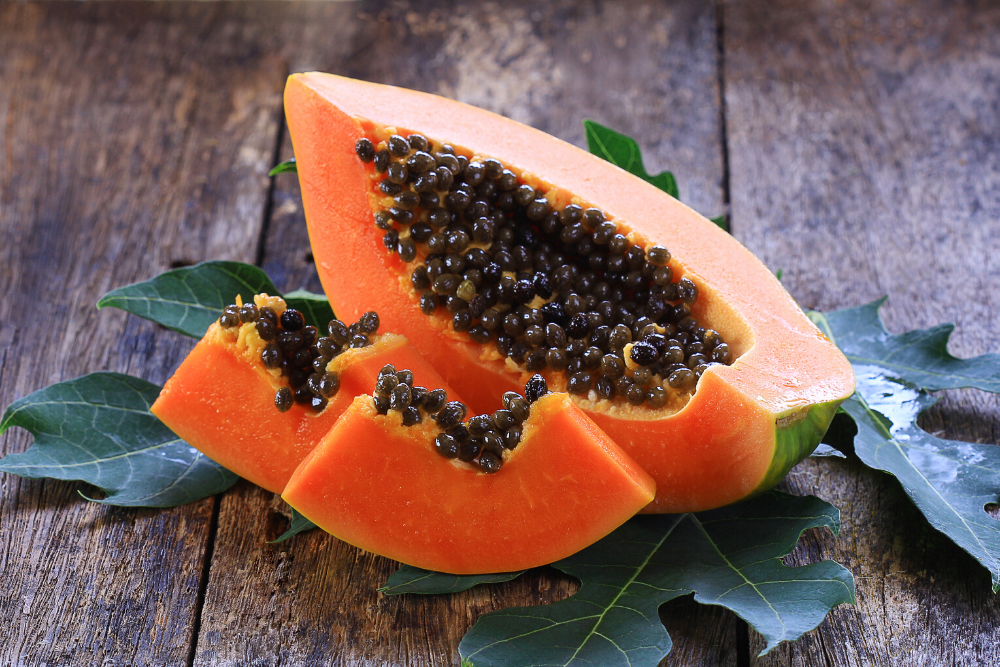
Papaya is one of the tropical fruits that are naturally loaded with Vitamin C. Papayas contain digestive enzymes called papain that has anti-inflammatory effects. The amount of potassium, B vitamins, and folate in papaya are beneficial to health and your immune system.
Dietary Tips:
Look for papayas that are mostly yellow to fully ripen. Check if they are firm yet yield to gentle pressure and have smooth skin. Avoid buying papayas with blemishes, cuts, and overly soft. If you want to eat them later, put them in a bag in the refrigerator, and they should last for a week. Put them in a brown paper bag at room temperature if you want to speed up the ripening process.
Recipes: Papaya salad can be the best choice for papaya lovers. But if you want to eat them ripe, try Hawaiian papaya salad or better yet, eat them raw.
Turmeric
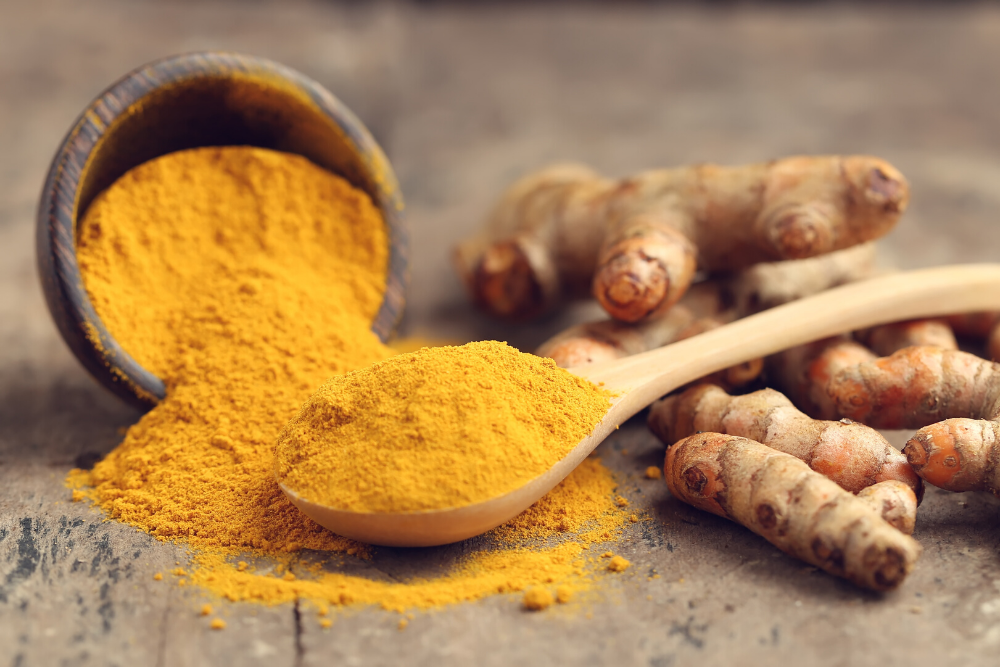
Turmeric is known as a key ingredient in foods in many Indian and Middle Eastern curries. Its bright yellow colour and bitter spice have been used for generations as an anti-inflammation. Studies show that curcumin in turmeric helps decrease exercise-induced muscle damage.
Dietary Tips:
Choose firm and fresh rhizomes, as it is rich with healthy substances. Avoid buying soft, dried and shrivelled ones. If you want to keep it for a week or two, put it in a plastic bag or airtight container and stuff it in the refrigerator. If you want to keep it longer like a month, then freeze it.
Recipes: Try turmeric fried eggs with kale, yoghurt and bacon, cauliflower rice, or spiced lamb tagine if you are a turmeric lover.
You may also want to read:
We are confident that you can cook healthy foods that also boost your immune system. And if you need health insurance, fill in the form below to get a quote.


